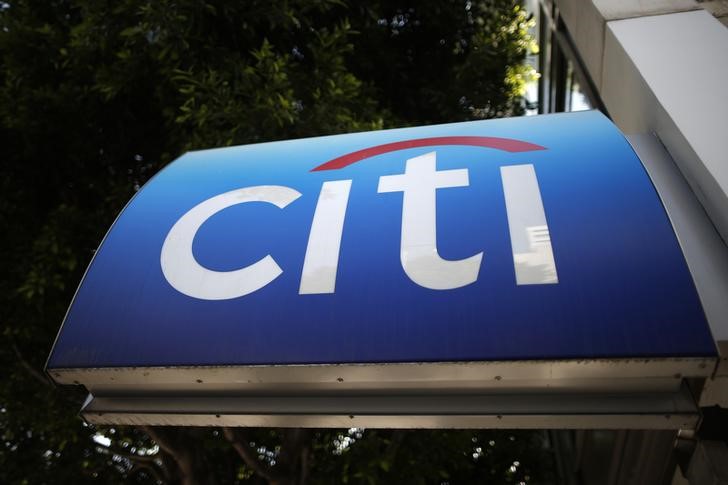This post was originally published on this site
https://i-invdn-com.investing.com/trkd-images/LYNXMPEJ9G0IP_L.jpg
(Reuters) – Bank of America beat Wall Street estimates for quarterly profit on Tuesday as it joined rivals in earning more from interest payments, while benefiting from a better-than-expected performance of its investment banking and trading divisions.
The U.S. economy has shown resilience despite rising interest rates as a hot job market and healthy finances prompt consumers to spend on goods, travel and other activities, keeping most businesses including banks in strong shape.
“We added clients and accounts across all lines of business,” CEO Brian Moynihan said in a statement. “We did this in a healthy but slowing economy that saw U.S. consumer spending still ahead of last year but continuing to slow.”
Revenue at BofA’s consumer banking unit rose 6% to $10.5 billion. Spending on debit and credit cards was also resilient, rising 3% in the quarter, BofA reported.
The bank reported a profit of 90 cents per share in the quarter, beating analysts’ average expectations of 82 cents per share, according to IBES data from LSEG.
The second-largest U.S. bank’s net income rose 10% in the third quarter to $7.8 billion.
Shares of the bank were up 1% in premarket trading.
BofA’s investment banking and trading units managed to outperform Wall Street expectations as they reported higher revenue, bucking an industry-wide slump.
Total investment banking fees rose 2% to $1.2 billion, while sales and trading revenue was up 8% to $4.4 billion in the third quarter.
Lenders have seen their interest income swell as they have more room to charge higher rates on loans after the Federal Reserve raised borrowing costs in its fight against inflation.
BofA’s net interest income (NII) rose 4% in the third quarter to $14.4 billion.
Lending giants JPMorgan Chase (NYSE:JPM), Citigroup (NYSE:C) and Wells Fargo also reported a surge in NII on Friday and raised their forecasts for the key metric.
The March crisis also brought into focus banks’ securities holdings, as paper losses on bond portfolios accumulate.
BofA said it had unrealized losses of $131.6 billion on securities held until maturity in the third quarter, growing from nearly $106 billion in paper losses in the second quarter.
Analysts say it is unlikely that the lender will be forced to sell the securities at a loss. Yet the low-yielding assets have also constrained BofA’s ability to put deposits to work elsewhere to make bigger profits.
BofA’s revenue, net of interest expense, increased 3% in the quarter to $25.2 billion.
(This story has been refiled to fix a typo in paragraph 1)

